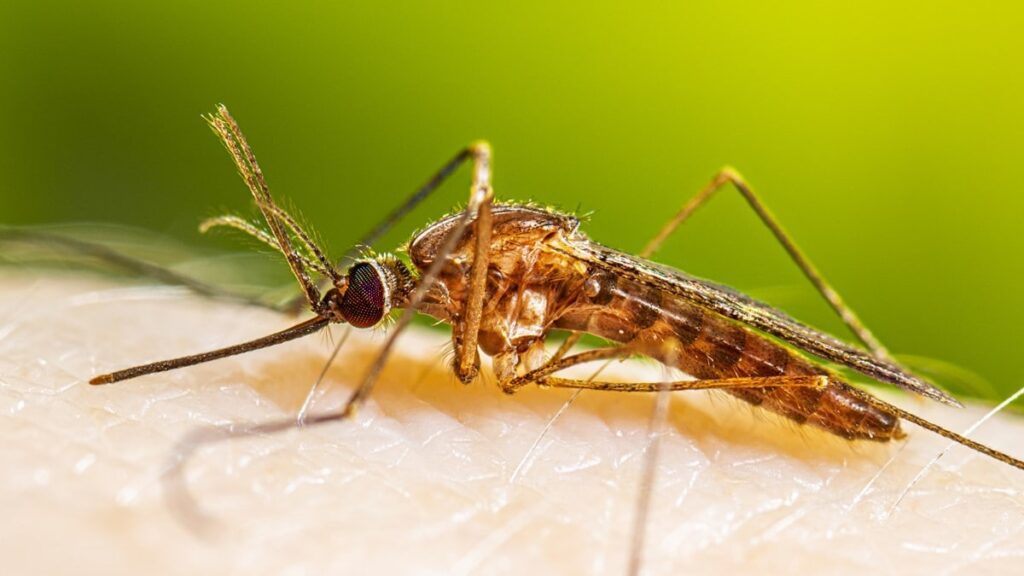
Massachusetts Communities Take Action as Rare Mosquito Virus Resurfaces
Rare Mosquito Virus Prompts US Towns to Close Public Parks
A rare but potentially deadly mosquito-borne virus has prompted several towns in Massachusetts to take drastic measures to protect public health. Eastern Equine Encephalitis (EEE), also known as “Triple E,” has been detected in mosquitoes in ten communities, leading to the closure of public parks at night and restrictions on outdoor activities. The virus, which spreads through the bite of an infected mosquito, has already claimed lives in previous outbreaks, and public health officials are urging residents to remain vigilant.
Triple E: A Deadly Threat Returns
The Massachusetts Department of Public Health recently confirmed the state’s first human case of EEE since 2020, signaling the return of a virus known for its severity. EEE, though rare, has a high fatality rate, with a significant percentage of those infected succumbing to the disease within days of symptom onset. Symptoms of EEE can be severe, including diarrhea, fever, headaches, seizures, and vomiting. There are currently no vaccines or specific treatments available, making the disease a serious public health concern.
The virus was first detected in a horse in Plymouth, Massachusetts, a discovery that raised the town’s risk level for EEE to “high.” Shortly thereafter, a man in his eighties was diagnosed with the virus, marking the first human case in the state in several years. In response, state officials have escalated public health advisories, emphasizing the importance of protecting oneself from mosquito bites, particularly in areas where EEE activity has been detected.
Aerial Spraying and Evening Restrictions
With no medical interventions available to treat EEE, the focus has shifted to preventive measures aimed at controlling mosquito populations and minimizing exposure. Officials have launched aerial spraying of the pesticide Anvil 10+10, an EPA-registered product widely used in the United States to combat mosquitoes. The aerial spraying aims to reduce the number of mosquitoes capable of transmitting the virus.
In addition to aerial spraying, public health officials have strongly advised residents to avoid outdoor activities during the evening hours, when mosquitoes are most active. These recommendations are expected to remain in place until the end of September, as the risk of mosquito bites—and thus the spread of EEE—remains high during this period. The closing of public parks at night is a key part of these efforts, as it reduces the likelihood of human exposure to infected mosquitoes.
Communities on Alert
The resurgence of EEE in Massachusetts is not unprecedented. In the years prior to the pandemic, the state experienced a significant outbreak of the virus, resulting in numerous cases and fatalities. Between 2019 and 2020, the state reported seventeen human cases of EEE, seven of which were fatal. These past incidents underscore the lethal potential of EEE and the importance of the current public health measures being implemented.
Public health officials are not only concerned about EEE but also about the risk of West Nile virus, another mosquito-borne disease that has been reported in more than thirty states this year. In Massachusetts alone, eight municipalities are currently considered at high risk for West Nile virus. Among the notable cases is that of Dr. Anthony Fauci, the former director of the National Institute of Allergy and Infectious Diseases, who was recently hospitalized with the virus. He is currently recovering at home.
Ongoing Public Health Concerns
The ongoing threat of mosquito-borne viruses like EEE and West Nile highlights the importance of continued vigilance and proactive public health measures. While these diseases are relatively rare, their potential impact on individuals and communities can be devastating. With no vaccines or specific treatments available for EEE, the best defense remains prevention—avoiding mosquito bites, following public health guidance, and supporting efforts to control mosquito populations.
As Massachusetts communities navigate the challenges posed by these viruses, the importance of public awareness and cooperation cannot be overstated. By taking precautions and heeding the advice of health officials, residents can help protect themselves and their communities from these potentially deadly diseases. The closure of public parks at night and the restrictions on outdoor activities are a small but necessary sacrifice to safeguard public health in the face of this rare but serious threat.
Quick look at some mosquitoes
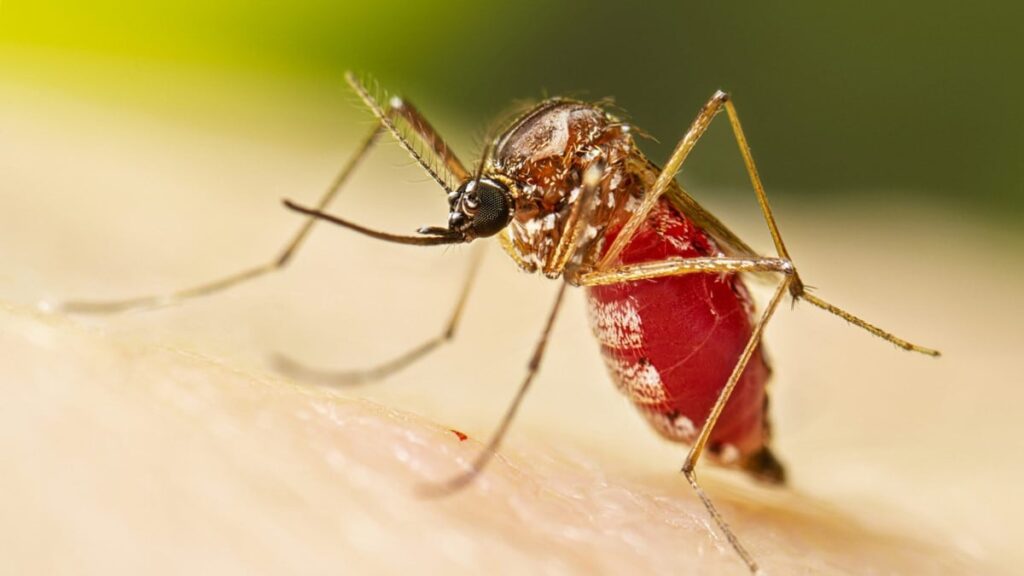
Female Aedes aegypti mosquito
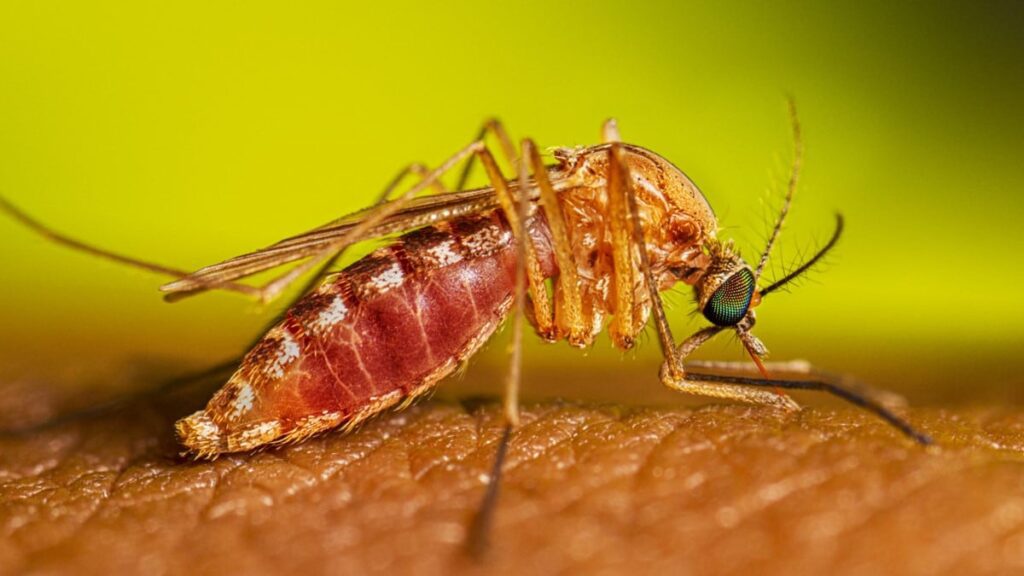
Female Culex quinquefasciatus mosquito
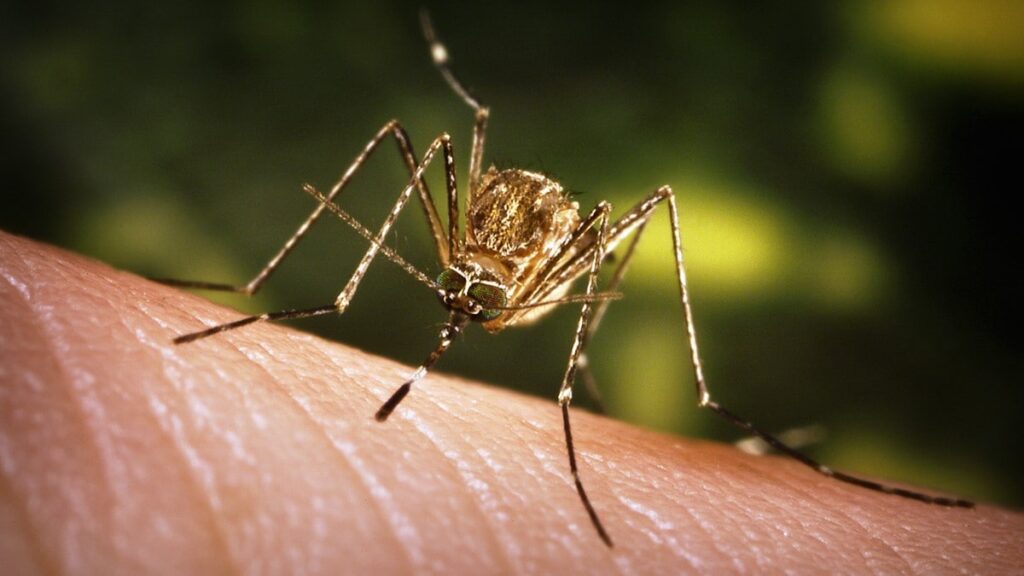
Female Culex tarsalis mosquito
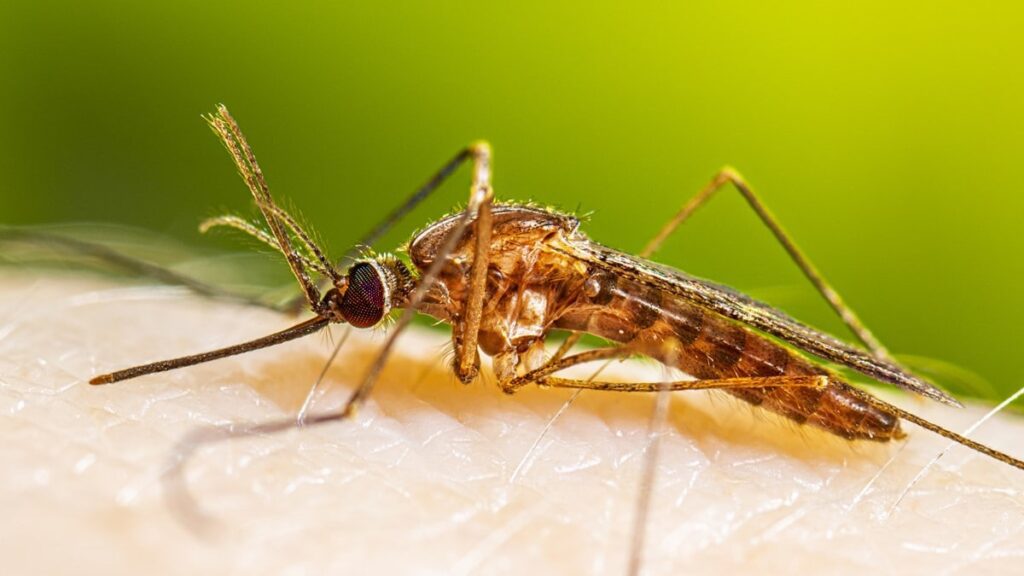
Female Anopheles quadrimaculatus mosquito
Nuisance mosquitoes
Most types of mosquitoes in the United States are nuisance mosquitoes. These mosquitoes can become a problem immediately following heavy rains, or natural disasters, such as hurricanes or floods.